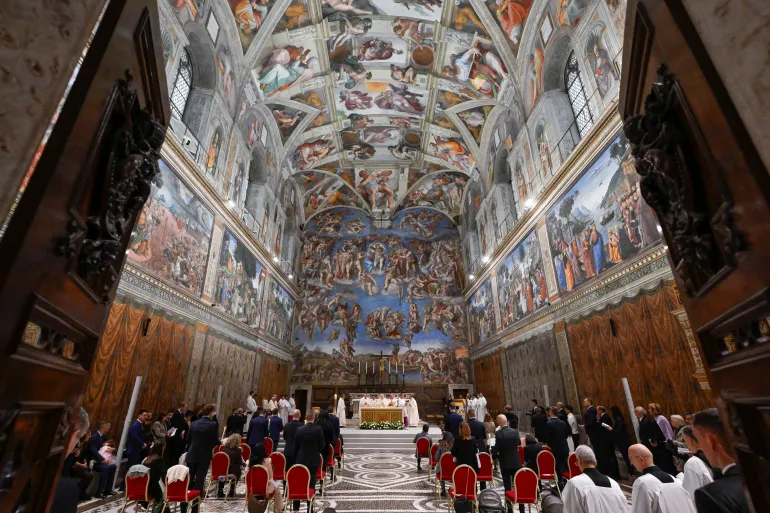In a sharp and reflective opinion piece published on May 22, 2025, Al Jazeera contributor Mawuna Remarque Koutonin argues that South African President Cyril Ramaphosa missed a historic opportunity during a recent meeting with U.S. President Donald Trump: he should have offered South Africa as a refuge for African Americans fleeing systemic racism, political persecution, or social hostility in the United States.
The article frames the issue as both a moral obligation and a strategic opportunity — a call for Africa to reclaim its role as a homeland for the African diaspora, especially as racial tensions in the U.S. appear to intensify under Trump’s renewed leadership.
“Africa must stop being a passive observer,” Koutonin writes. “We must stand with our kin in their time of need — not with their persecutors.”
Reclaiming Pan-Africanism
The author critiques Ramaphosa’s diplomatic silence during his encounter with Trump, especially considering the Trump administration’s record on race relations, civil rights rollbacks, and immigration restrictions disproportionately affecting African and African American populations.
Koutonin suggests that instead of prioritizing trade deals or soft diplomacy, Ramaphosa should have declared South Africa’s readiness to welcome African Americans as political refugees — reviving the Pan-African legacy of leaders like Kwame Nkrumah, Julius Nyerere, and Muammar Gaddafi, who all promoted diaspora return as a decolonial imperative.
🇿🇦 A Constitutional Basis for Refuge
South Africa’s post-apartheid constitution guarantees asylum and refugee rights for individuals fleeing persecution, including for reasons of race. The article contends that African Americans facing systemic racism, police violence, or political marginalization in the U.S. could qualify under existing legal protections.
Koutonin urges the African Union and regional governments to adopt a coordinated approach to welcoming African Americans, not only as victims of injustice but as contributing citizens, investors, and cultural bridges between continents.
“Africa must become a sanctuary — not a spectator,” he insists.
Intellectuals and Talent Under Siege
The op-ed highlights how Black intellectuals, students, and activists in the U.S. are increasingly surveilled, vilified, and pushed out of public institutions. Koutonin argues that Africa could benefit from inviting these talents back to the continent, encouraging them to help build modern African democracies and economies.
He notes that Ghana’s “Year of Return” in 2019 was a step in the right direction, but not nearly bold enough. What is now needed, he says, is a formal policy of refuge and citizenship pathways for African Americans and Afro-Caribbeans seeking to return.
Rewriting the Global Migration Narrative
By welcoming African Americans fleeing racism, the piece contends, African leaders could flip the script on global migration, shifting from the image of Africans fleeing to the West, to one where the descendants of slaves are welcomed home.
“Let us offer what America has denied them: dignity, safety, belonging,” Koutonin concludes.
The Challenge Ahead
- Will African nations develop policies to receive diaspora refugees?
- Can Pan-Africanism evolve beyond symbolism into policy?
- Will Ramaphosa and others break from Western deference and stand on moral ground?
This provocative article doesn’t just critique Ramaphosa — it challenges all African leaders to embrace their historical role as guardians of the Black diaspora. For Koutonin, silence in the face of injustice is complicity — and Africa must choose which side of history it wishes to stand on.
Source; Al Jazeera



